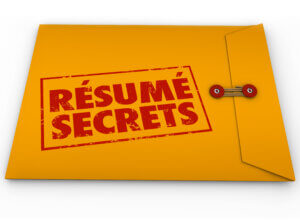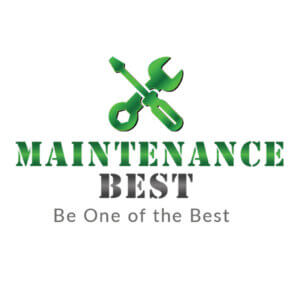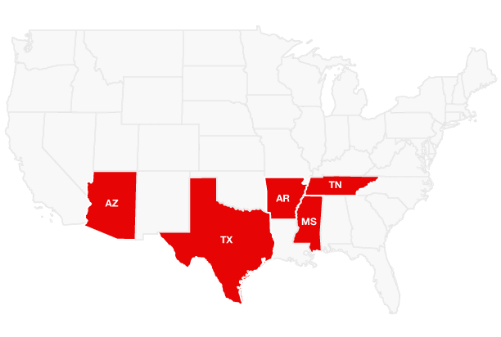Being compensated fairly based on your qualifications and experience has a direct impact on your overall job satisfaction. So, if you are in the process of job searching, you know that salary is an especially crucial factor in accepting or declining a job offer.
Many jobs we come across on the Jobs Board list a pay range. Let’s say, for example, the range is from $20-$25 per hour. The employer, who doesn’t know you, is more likely to lean to the lower end of the spectrum, while you are automatically thinking the higher end. How do you convince this potential employer that you are correct and they should side with your reasoning?
As the old adage goes: You never get a second chance to make a first impression. What is the very first step in making that impression? Your resume…your resume…your resume!
The purpose of the resume is to get noticed. You may be 1 out of 200 people competing for that position and the people reviewing resumes don’t have hours to pour over every detail of your resume. You only have 6 seconds to get noticed before it’s placed in the “Pass” file.

According to Zippia research, professionally written resumes are not only good for landing an interview, but they can also boost your earning potential by 7%. Here are four tips for improving your resume so you can increase your odds at being competitive for that job at $25/hour.
- Tailor your resume to the job: if the job title is for a Plant Maintenance position, then take the time to customize your resume for that specific job. Present an honest account of your employment history and under each prior job, only highlight your work tasks and achievements that relate to the job you’re applying for.
- Use bullet points: do NOT use long paragraphs with lots of verbiage. Recruiters and hiring managers want to be able to read fast and pick out the information they want easily. Bullet points make it easy to read and can concisely highlight your experience and strengths.
- Keep it short and to the point: general rule is to keep your resume to one page, unless you have a very good reason for it to be longer, like an extensive career or a lot of highly applicable work experience. An easy way to keep your resume concise is to include only recent, relevant experience.
- Think beyond your job duties: hiring managers don’t want to read just a laundry list of your job duties, they want concrete examples of your accomplishments in previous positions that show how you can make a difference in this new position. The best resumes highlight action and results.











